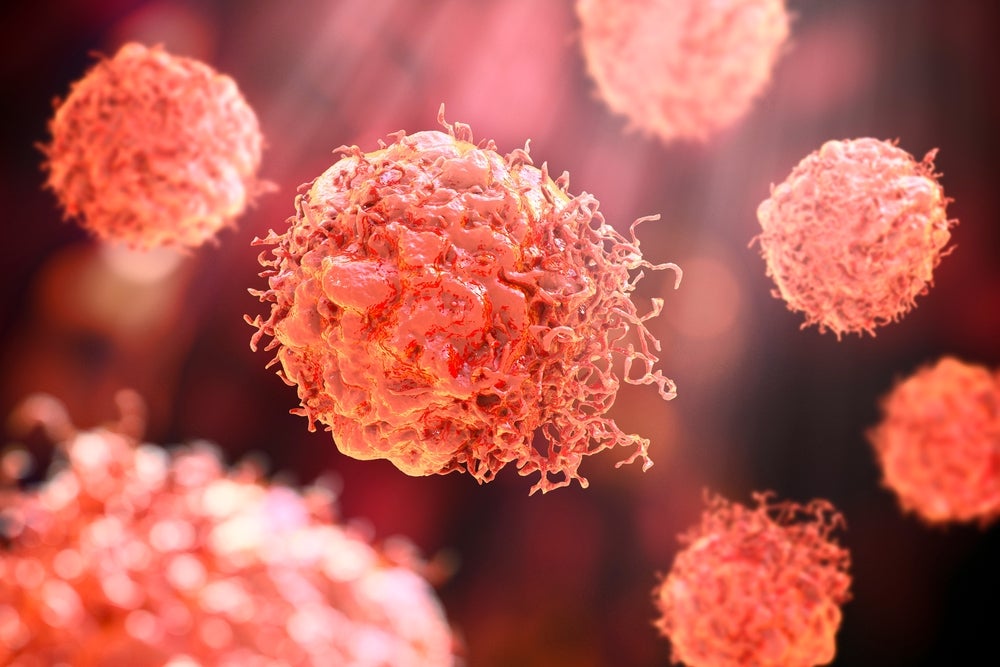On 13 October, Bristol Myers Squibb (BMS) announced the expanded FDA approval of its Opdivo (nivolumab) drug as an adjuvant monotherapy in patients aged 12 and older with completely resected stage IIB or IIC melanoma, building upon its previous approval in eligible patients with stage III or IV melanoma.
Opdivo is the only programmed cell death-1 (PD-1) inhibitor recommended as an adjuvant treatment for both the early and advanced stages of resected melanoma in the US, threatening Merck’s Keytruda (pembrolizumab), a competitor PD-1 inhibitor that is currently approved for stage IIB, IIC, and III completely resected melanoma.
Opdivo is a human monoclonal immunoglobulin G4 antibody targeting the PD-1 protein, thereby inhibiting PD-1 results in the reactivation of CD8+ T-cells from pathological immune suppression, allowing T-cell recognition and the targeting of tumour cells.
The regulatory decision is based on the Phase III CheckMate-76K trial, where Opdivo reduced the risk of recurrence or death by 58% compared to placebo (95% confidence interval/CI: 0.30-0.59).
Additionally, treatment with Opdivo depicted a significantly longer recurrence-free survival rate (RFS) of 89% (95% CI: 86-92) in comparison to 79% (95% CI: 74-84) for placebo at the one-year mark.
Opdivo’s improved RFS addresses the unmet need of an increased risk of recurrence within five years for this patient group.

US Tariffs are shifting - will you react or anticipate?
Don’t let policy changes catch you off guard. Stay proactive with real-time data and expert analysis.
By GlobalDataA direct comparison of Opdivo with other approved treatments in the indication such as BMS’ other immune checkpoint inhibitor, Yervoy (ipilumumab), rather than placebo, would further strengthen these results.
In the Phase III CheckMate-238 study, Opdivo demonstrated marked improvement in RFS (70.5% versus 60.7%) and a superior tolerability profile with a lower rate of treatment-related adverse events than Yervoy (14.4% versus 45.9%), resulting in the initial regulatory approval of adjuvant Opdivo in resected stage IIIB or IV melanoma.
Despite the label expansion and potential novel combination therapies, Opdivo’s growth will be threatened by patent expiry in 2026 in the EU and 2028 in the US.
This will result in a predicted drop in total annual sales to $1.8bn by 2029 for branded nivolumab, of which $440m contributes to the adjuvant setting, and $510m for biosimilar nivolumab, according to GlobalData’s patient-based forecast.
Additionally, Keytruda’s patents in the US and EU will also expire in 2028. However, GlobalData expects Keytruda to maintain higher sales in stage II patients given its first-to-market advantage.
GlobalData also anticipates continued competition between Keytruda and Opdivo in non-small cell lung cancer, particularly after Keytruda’s approval in the perioperative setting and Opdivo’s expected positive readouts in the same setting.






